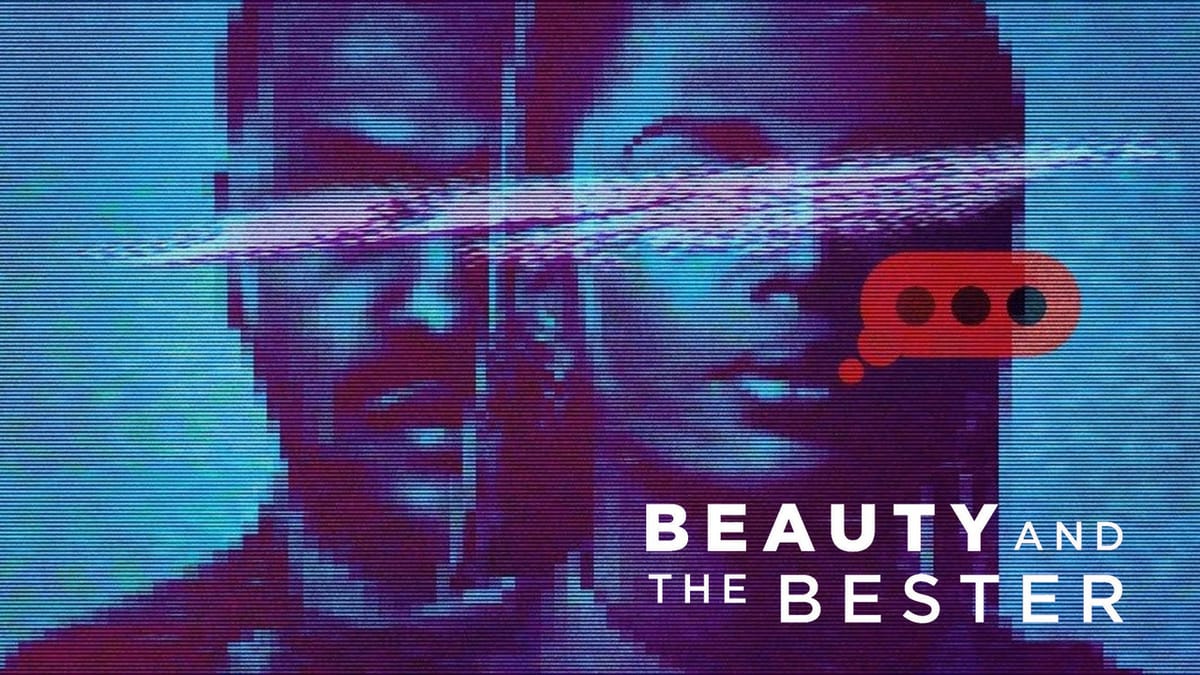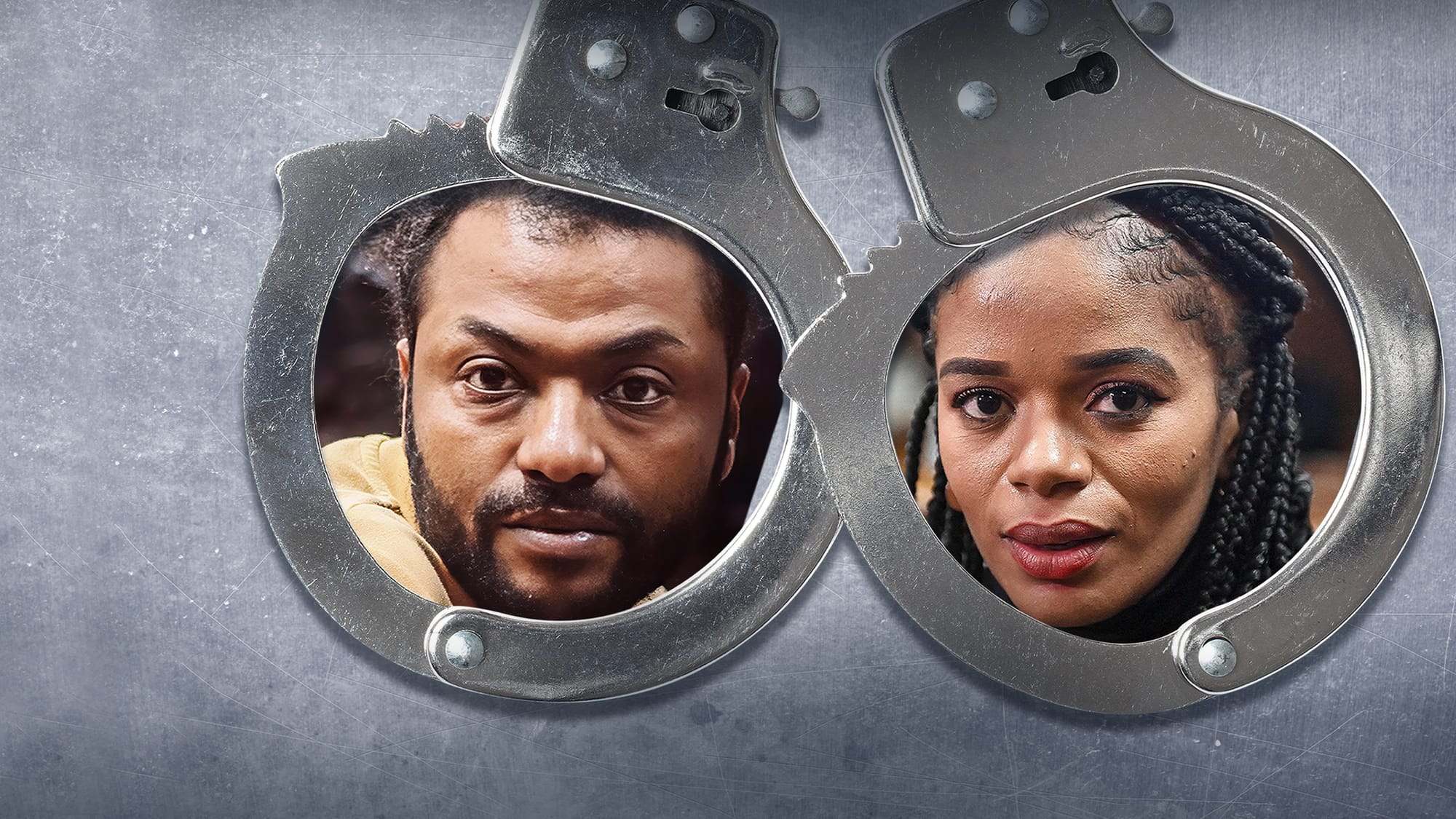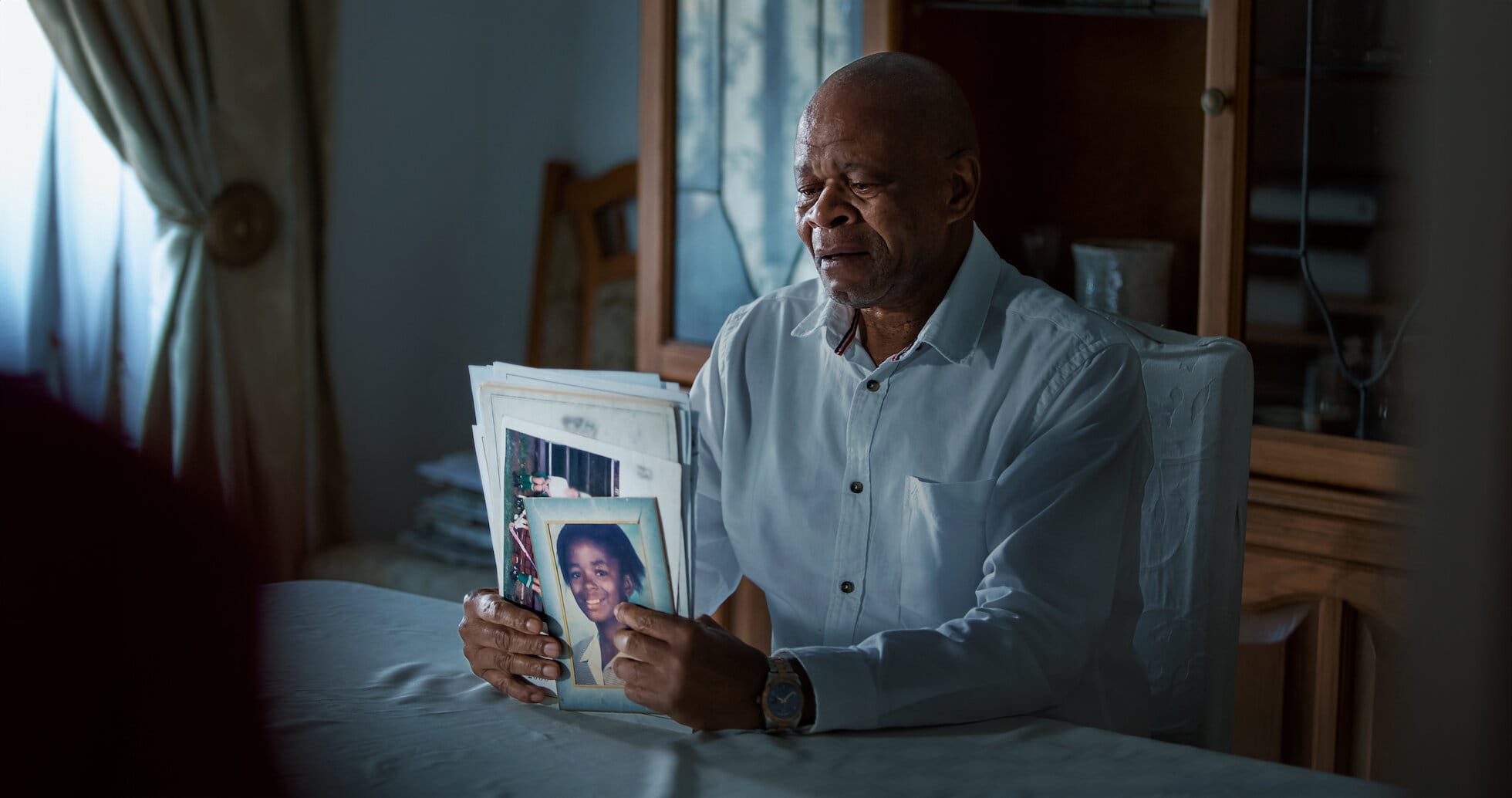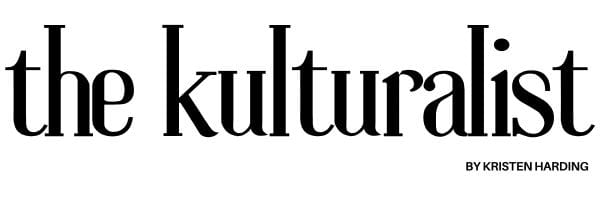True-crime is not just about the drama
What makes for a thrilling docuseries?

Someone somewhere on the internet said that South Africa deserves an Oscar. In fact, it's not uncommon to come across the comment "South Africa is a movie" in response to local news headlines, which read more like loglines for blockbuster films than real life.
But there's one story in particular that takes the cake when it comes to Hollywood levels of scandal and plot twists. That's the story of Thabo Bester and his accomplice, Nandipha Magudumana, whose crimes make for such a jaw-dropping account that it resulted in not one, but two true-crime series on major streaming platforms: Showmax's Tracking Thabo Bester from 2024 and, most recently, Netflix's Beauty and the Bester.
By now, it should be no surprise that a new South African series usually means a new South African crime story. But this time around, the existence of two, arguably competing, true-crime docuseries about the same series of events makes for an intriguing comparison to reveal not only what does and doesn't work in this genre, but also what distinctions exist in programming for local versus global streaming audiences.

If you're unfamiliar with the case of Thabo Bester, all I'll say is that it involves a prison break, the theft of unidentified corpses, and a country-hopping getaway mission. And that's not even the half of it.
Thabo Bester is a convicted murderer and rapist who, together with the celebrity doctor Nandipha Magudumana, became South Africa's very own Bonnie and Clyde. Both Tracking Thabo Bester and Beauty and the Bester rehash the events that led up to and followed Bester's prison escape. But, presumably because of the prior existence of Tracking Thabo Bester on Showmax, Netflix's Beauty and the Bester decides to shift its focus to Magudumana as the central subject.
Let's not leave it to the end to make it clear that, of the two shows, Tracking Thabo Bester is by far the superior work. Even though its visual production value – especially its visual effects and stock footage – often comes across as more cheesy than earnest, at its core is a truly remarkable work of storytelling. Tracking Thabo Bester succeeds in provoking suspense, which is felt even by viewers who are already acquainted with the twists and turns of the investigation. Since Showmax is no stranger to producing South African true-crime miniseries specifically catered for South African audiences, it's no surprise that Tracking Thabo Bester's strengths lie in its investigative impulse.
Tracking Thabo Bester offers a robust narrative driven by journalistic insight. Its storyline is complemented by curated voices from media professionals, experts in South African politics and infrastructure, whistle-blowers, and people with personal connections to the case. Through this, the show brings into discussion vital social, political, and economic contexts – from the country's crippling levels of corruption to the gender-based violence epidemic. It's through these lenses that Tracking Thabo Bester can confidently break down the overarching question that haunts anyone who's heard this story: What made it possible for these crimes to even happen in the first place?

Beauty and the Bester, on the other hand, does what Netflix does best. It entertains. Much like another one of the streamer's recent crime productions, Unknown Number: The High School Catfish, Netflix's take on the Bester and Magudumana story raises more questions than it's capable of answering. Its decision to spotlight Magudumana is one that leads to no clear conclusion, and this isn't because of the reality that we just don't have those answers yet. It's because the series posits these unanswerable questions in a way that sets up the expectations for a satisfying resolution.
Although it brings in some of the same interviewees as Showmax's documentary, Beauty and the Bester struggles to string together a compelling and coherent perspective. As a consequence of being a Netflix product, it is too caught up in presenting viewers with a spectacle as opposed to using the platform to shed light on South Africa's sociopolitical undercurrents for global audiences. All these contextual gaps culminate in responses from overseas reviewers who have begged for elaboration: How did Bester and Magudumana's relationship begin? What were Magudumana's motives? Who else was involved in making the prison escape happen? And, most shockingly, why was Bester nicknamed the "Facebook Rapist"?

Showmax's Tracking Thabo Bester is so unflinching in its probing into South Africa's underbelly – jabbing right at its corrupt core – that it leaves Beauty and the Bester grasping at straws on these already well-examined crimes.
While Netflix's approach appears to propose a fresh perspective on the subject, it falls short of its narrative promises as there's simply not enough substance in its angle to sustain a three-part series. To compensate for this, Beauty and the Bester draws out its pacing and ultimately quashes the tension that is so inherent in the Thabo Bester and Nandipha Magudumana story, leaving it to rely heavily on the drama of the real-life facts instead of crafting a distinct chronicle of the events.
What redeems this lack in substance, however, are the talking heads. South Africans, no matter from which walk of life they come, have a natural flair for oral storytelling. So, if these docuseries show us one thing, it's that, as a country, we are forthright in speaking our minds and certainly don't shy away from finding humour in the absurdity we so often witness in the news.
Have you watched Beauty and the Bester? If you have, I'd love to know what you thought by dropping a comment at the button below!
Or let me know what you've been loving (or not-so-loving) on Netflix recently.


Comments ()